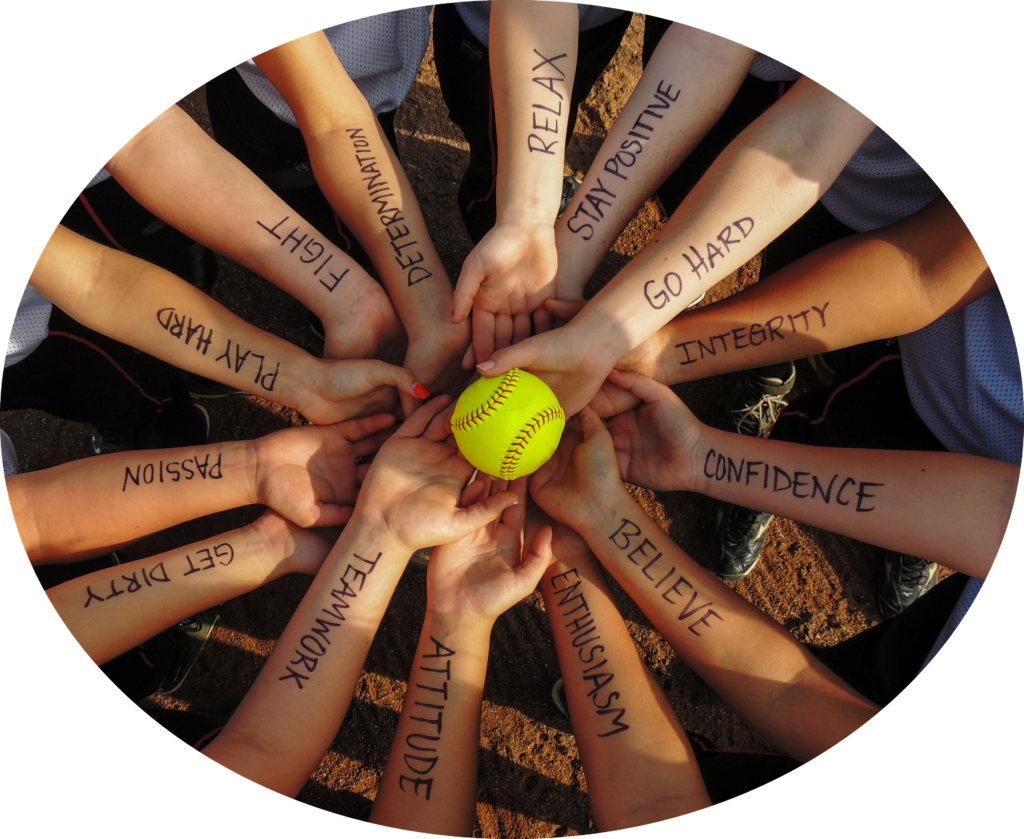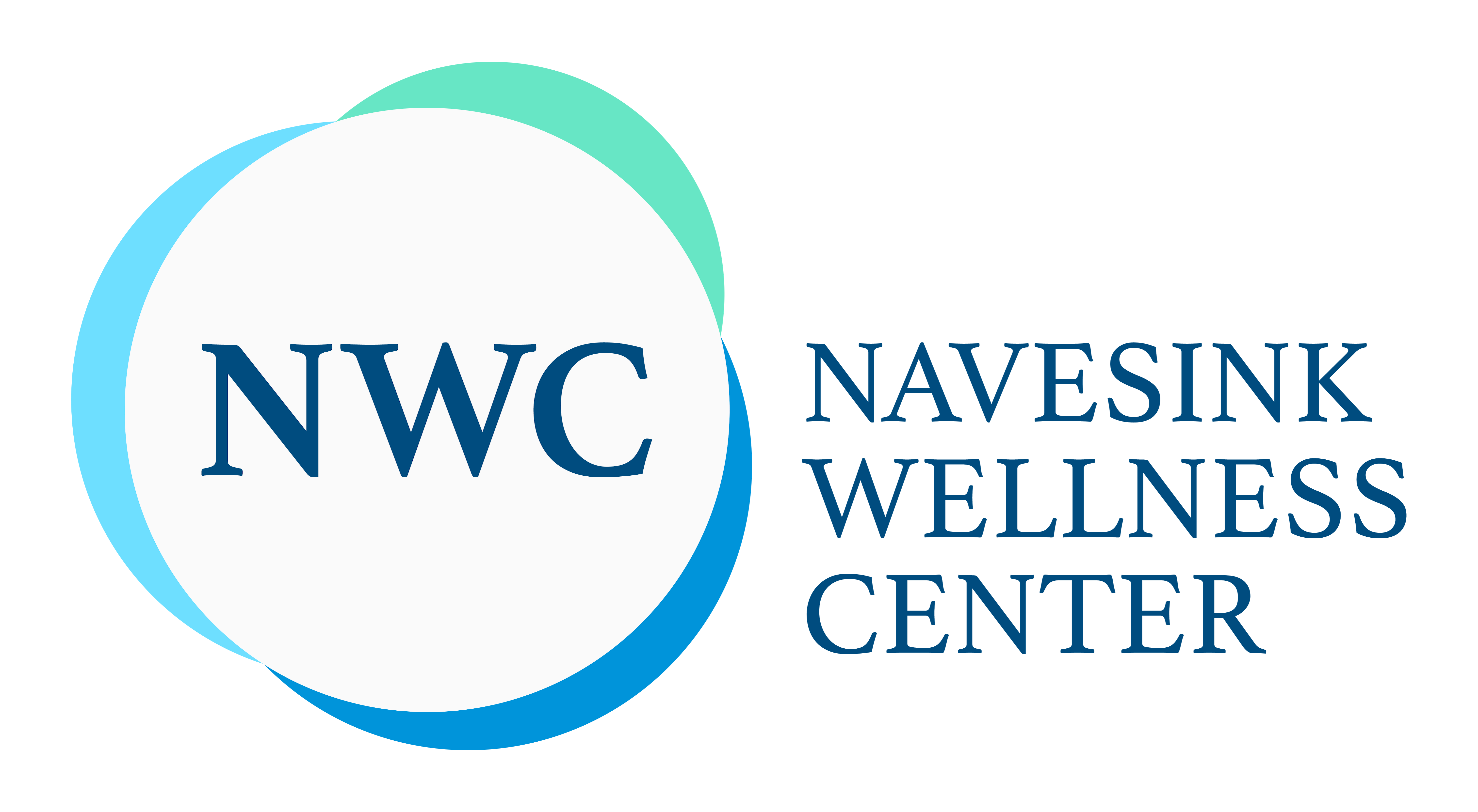Sports & Performance Therapy
in New Jersey
Treatment
Unlock Your Full Potential
Whether you’re navigating the competitive world of sports at any level, facing high-stakes academic challenges, or operating in pressure-driven professional fields, your mental health is a pivotal factor in your performance, resilience, and overall well-being. Our specialized therapy services are tailored to meet the unique requirements and concerns of those striving for excellence in high-pressure situations, providing support to overcome hurdles, enhance your mental strategy, and realize your utmost potential.

What Therapy Can Help Address
Athletes and other high performing individuals encounter a distinct set of mental, emotional, and physical challenges that can impact their performance, personal lives, and sense of self-worth. These challenges include, but are not limited to:
Performance Anxiety
Performance anxiety, often known as “stage fright” in sports, can manifest as excessive nervousness, fear of failure, or even physical symptoms such as shaking, rapid heartbeat, and nausea before or during athletic events. This anxiety can significantly hinder an athlete’s ability to perform to the best of their abilities. At Navesink Wellness Center, we approach performance anxiety by helping athletes develop psychological resilience through techniques like cognitive-behavioral therapy (CBT), mindfulness practices, and visualization strategies. These methods are designed to reframe negative thought patterns, enhance focus, and cultivate a mindset that views challenges as opportunities for growth.
Injury Recovery
The journey of recovering from a sports-related injury is not solely a physical process but a profoundly psychological one. Athletes may face feelings of isolation, frustration, and depression during their recovery period, particularly if their identity is closely tied to their athletic performance. Our therapists support athletes through this challenging time by fostering a positive mindset towards recovery, setting realistic goals, and developing coping strategies to deal with setbacks. Emotional support and resilience training are key components of our approach, ensuring athletes are mentally and emotionally prepared to return to their sport.
Burnout
Athletic burnout is a state of chronic stress leading to physical and emotional exhaustion, reduced performance, and often, a diminished love for the sport. Burnout is typically the result of prolonged overtraining and lack of adequate rest and recovery. Our therapy sessions focus on identifying early signs of burnout, implementing stress management techniques, and establishing a balanced approach to training, competition, and rest. We encourage athletes to listen to their bodies and minds, promoting self-care and mindfulness as crucial aspects of their training regimen.
Identity and Self-Worth Issues
For many athletes, their sport is not just what they do; it’s who they are. This deep identification with being an athlete can lead to issues of self-worth being heavily dependent on performance outcomes, creating a fragile sense of self-esteem. At Navesink Wellness Center, we work with athletes to broaden their identity beyond their sport, helping them find value and self-worth in various aspects of their lives. Through individual therapy, we explore personal values, interests, and strengths, fostering a more robust and resilient sense of self.
Transition Challenges
Transitions, such as retiring from sports, moving from amateur to collegiate levels, or even returning from injury, pose significant mental and emotional challenges. Such changes can trigger identity crises, uncertainty about the future, and loss of a sense of purpose. Our therapists provide support for athletes navigating these transitions, offering strategies for managing change, exploring new identities, and finding fulfilling pursuits outside of their sports careers.
Team Dynamics
The dynamics within a sports team can significantly impact an athlete’s experience and performance. Issues like communication breakdowns, conflicts, and struggles with leadership or role acceptance can create a tense and unproductive environment. Our approach to improving team dynamics involves working with individuals and teams to enhance communication skills, develop conflict resolution strategies, and build a positive team culture. We emphasize the importance of empathy, mutual respect, and collective goal-setting to foster a supportive and cohesive team environment.



